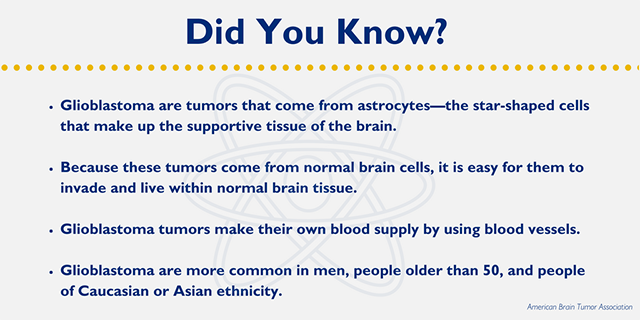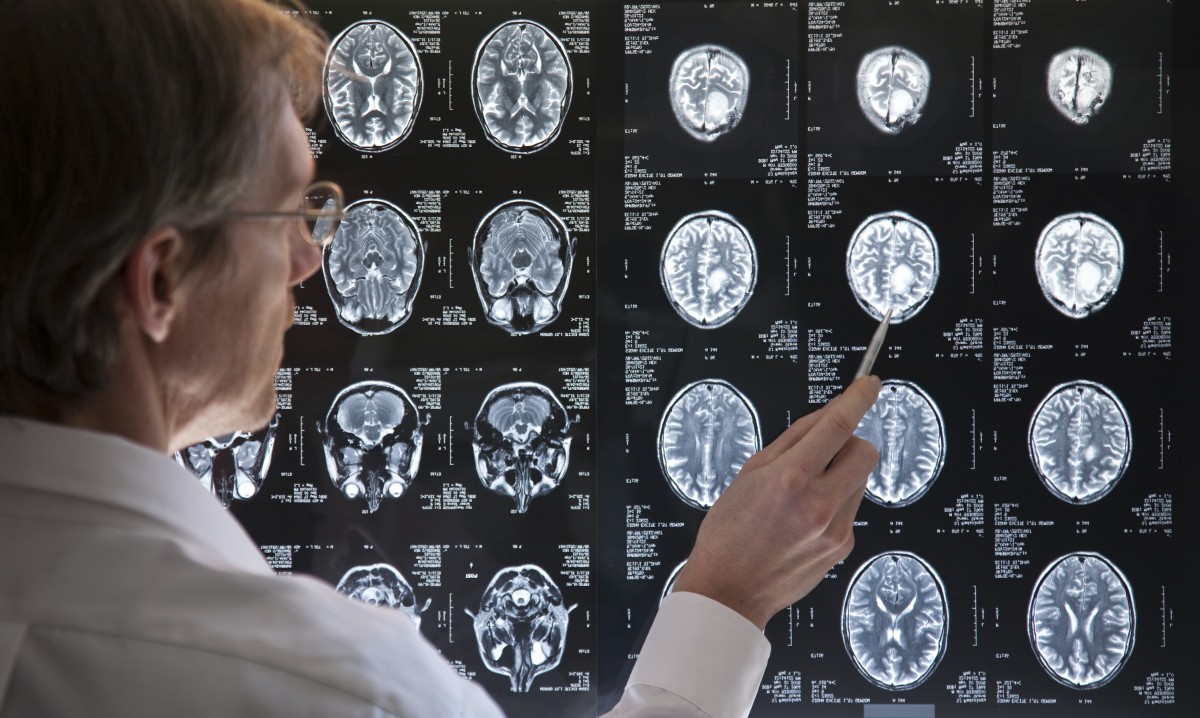In the midst of the political saga that is the ongoing debate over the repeal of the Affordable Care Act (ACA), news broke that Sen. John McCain was undergoing surgery to remove a clot within his brain. After much media speculation and drama surrounding the delayed ACA vote, the public discovered that McCain had been diagnosed with glioblastoma.
Glioblastoma is the most common and deadliest primary brain cancer. GBM has a median survival time of 14 months with the current standard of care: surgical resection and a course of radiation and chemotherapy using temozolomide.
Despite the less-than-promising odds, there are currently several treatment possibilities for Glioblastoma patients being tested, with physicians and scientists researching several treatment options for this terrible disease. In fact, according to ClinicalTrials.gov, a database of all ongoing clinical trials approved by the National Institutes of Health, there are more than 270 trials on GBM treatment underway.

Immunotherapy Trials and Tribulations
Many of these trials are related to the field of cancer immunotherapy. Checkpoint receptors are molecules that negatively regulate T cell function and growth, and tumors often take advantage of these checkpoint proteins to evade the body’s natural defenses against cancer. Antibodies against these checkpoint receptors, called checkpoint inhibitors, have shown remarkable improvements in survival rates for a variety of cancers. The Food and Drug Administration (FDA) has already approved the checkpoint inhibitors ipilimumab that targets CTLA-4 and nivolumab that targets PD-1, for late-stage melanoma and lung cancer. Unfortunately, a phase III trial for GBM patients failed to show benefit of nivolumab over the standard of care treatment. However, several trials are examining the effectiveness of treating patients with chemotherapeutic agents or radiation in combination with checkpoint inhibitors, in the hope of treatments working together to increase survival outcomes.
Are Vaccines the Answer?
Vaccines are another treatment option currently being researched as a way to use the immune system to battle cancer. Lymphocytes, a type of white blood cell, can recognize and target tumor-specific antigens (TSAs) — proteins found on the surface of cancerous cells — including the mutated EGFRvIII, which is characteristic of glioblastoma cells. Vaccines can be used to deliver these tumor-targeting TSAs to the immune system, effectively teaching a patient's immune cells to generate an immune response to the tumor. Unfortunately, a clinical trial using rindopepimut, a TSA vaccine for EGFRvIII-positive Glioblastoma tumors, failed in Phase III when it did not demonstrate significant survival benefit compared to the control group receiving chemotherapy.
Another type of cancer vaccine relies on genetically modified dendritic cells, which are critical immune cells that interact with, and present antigens to, T cells. In fact, the first FDA-approved immunotherapy was an anti-tumor vaccine used to treat prostate cancer. As for Glioblastoma, trials with dendritic cell vaccines have shown promise in both animal models and human patients. For example, the vaccine using dendritic cells resulted in median survival of 31 months for patients with Glioblastoma in a phase I/II trial.
While Sen. McCain’s Glioblastoma diagnosis has been embroiled with politics due to his position, facing the disease is certainly a daunting challenge on its own. However, with the aid of his dedicated physicians and new treatments always on the horizon, we wish the best for McCain.

Dear Adela,
Thank you for sharing this information. We were happy to see all the work you have been involved in and are glad that the money we all raised on the E-Raser Team at the ABTA walk/run in NYC went to a dedicated researcher. We are sure you will make great strides in helping people in the future survive brain cancers, like the one that took our daughter way too early in her life.
Sheila and Paul Trautman
Comments are closed.